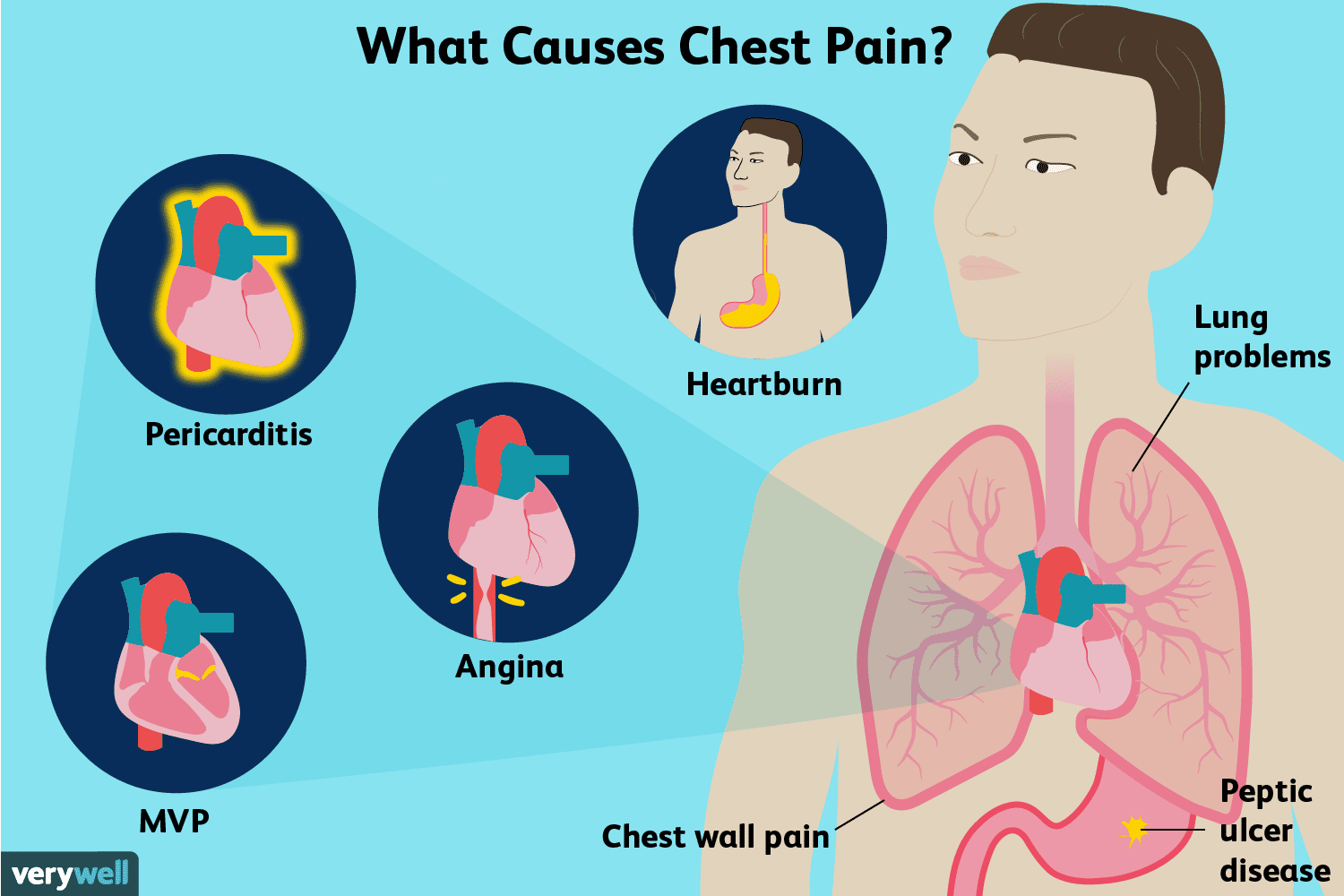Worried About Heart Blockage? Know the Signs & When to Get Help. Get To Know How To Prevent Heart Blockage: Early Signs & When to See a Doctor.
Heart blockage, also known as coronary artery disease, occurs when the blood vessels that supply oxygen and nutrients to the heart muscle become narrowed or blocked. This condition can lead to serious complications, including heart attack and stroke. Fortunately, there are several steps you can take to reduce your risk of heart blockage and maintain a healthy heart. In this comprehensive guide, we’ll explore effective strategies for preventing heart blockage and knowing when to seek medical attention.
Understanding Heart Blockage
Before diving into prevention strategies, it’s crucial to understand what heart blockage is and how it can affect your health. Heart blockage occurs when plaque builds up inside the coronary arteries, which are responsible for supplying blood to the heart muscle. This plaque is typically made up of cholesterol, fat, calcium, and other substances found in the blood. Over time, the buildup of plaque can narrow the arteries, reducing blood flow to the heart.
Types of Heart Blockage
There are different types of heart blockage, ranging from mild to severe. These include:
1. Coronary Artery Disease (CAD):
- CAD is the most common type of heart blockage and occurs when the coronary arteries become narrowed due to plaque buildup.
2. Atherosclerosis:
- Atherosclerosis refers to the hardening and narrowing of the arteries, often caused by the accumulation of plaque.
3. Angina:
- Angina is chest pain or discomfort that occurs when the heart muscle doesn’t receive enough oxygen-rich blood. It can be a symptom of underlying heart blockage.
Preventive Measures
1. Maintain a Healthy Diet:
- Consume a balanced diet rich in fruits, vegetables, whole grains, lean proteins, and healthy fats. Limit your intake of saturated and trans fats, sodium, and processed foods.
2. Stay Active:
- Engage in regular physical activity, such as brisk walking, jogging, cycling, or swimming. Aim for at least 150 minutes of moderate-intensity exercise per week.
3. Manage Stress:
- Practice stress-reducing techniques like meditation, deep breathing exercises, yoga, or tai chi to lower your stress levels and improve heart health.
4. Maintain a Healthy Weight:
- Achieve and maintain a healthy weight through a combination of balanced diet and regular exercise. Excess weight can increase your risk of heart disease.
5. Quit Smoking:
- If you smoke, quit as soon as possible. Smoking damages the blood vessels and increases the risk of heart blockage and other cardiovascular diseases (READ: How to quit smoking in 3 months without cravings).
6. Limit Alcohol Consumption:
- Limit alcohol intake to moderate levels. Excessive alcohol consumption can raise blood pressure and triglyceride levels, increasing the risk of heart disease.
7. Monitor Blood Pressure and Cholesterol Levels:
- Regularly check your blood pressure and cholesterol levels and take steps to keep them within healthy ranges. High blood pressure and cholesterol are major risk factors for heart disease.
Recognizing Symptoms
1. Chest Pain or Discomfort:
- Chest pain, pressure, or tightness, especially during physical activity or emotional stress, may indicate a heart problem and should not be ignored.
2. Shortness of Breath:
- Difficulty breathing or shortness of breath, particularly when lying down or during exertion, could be a sign of heart blockage or heart failure.
3. Fatigue:
- Persistent fatigue or weakness, especially accompanied by other symptoms such as chest pain or dizziness, may signal a heart issue.
4. Dizziness or Lightheadedness:
- Feeling dizzy or lightheaded, particularly when standing up quickly, could be a sign of inadequate blood flow to the brain due to heart problems.
When to Seek Medical Help
If you experience any symptoms of heart blockage or heart disease, it’s essential to seek medical attention promptly. Additionally, you should schedule regular check-ups with your healthcare provider to monitor your heart health and discuss any concerns you may have.
Emergency Situations:

- If you experience severe chest pain, sudden weakness or numbness, difficulty breathing, fainting, or loss of consciousness, seek emergency medical care immediately. These could be signs of a heart attack or other life-threatening conditions.
Taking proactive steps to prevent heart blockage is crucial for maintaining optimal heart health and reducing the risk of serious complications. By adopting a healthy lifestyle, managing risk factors, and recognizing symptoms early on, you can safeguard your heart and enjoy a fulfilling, active life.

